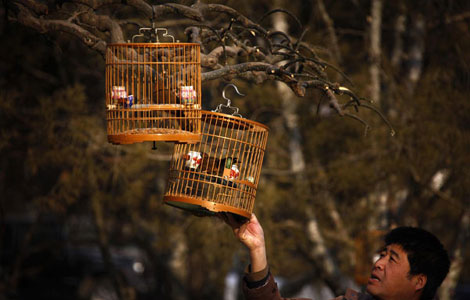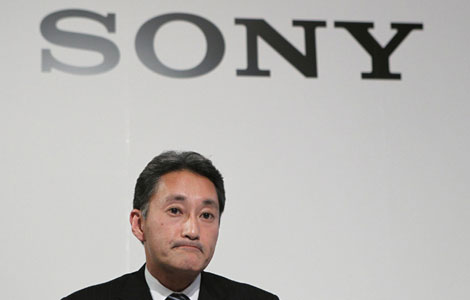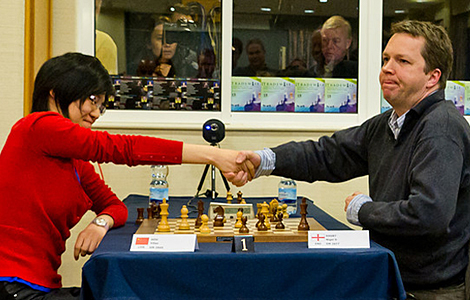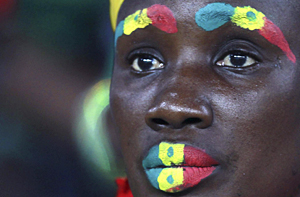Polio-free days lie ahead
Updated: 2012-02-04 08:42
By Shan Juan (China Daily)
|
|||||||||||
BEIJING - China is expected to eradicate new polio cases in October when it finishes vaccinating nearly 30 million people, a senior health official said.
The fourth round of polio immunization will kick off in March to cover about 7 million people, mostly in the western regions, Wang Yu, head of the Chinese Center for Disease Control and Prevention, told China Daily.
That round of vaccinations targets various age groups and "as long as effective vaccines are applied, the outbreak should be well curbed," he said.
"And probably in October, the country will become polio-free again," he said recently.
Polio is an acute infectious viral disease that can cause paralysis of muscles.
On Feb 2, the Ministry of Health ordered health departments nationwide to increase polio vigilance this year and maintain vaccination programs to block outbreaks.
The country must return to polio-free status this year and remain so, it said.
In August 2011, a polio epidemic broke out in Northwest China's Xinjiang Uygur autonomous region, killing one person and paralyzing 17 others.
The World Health Organization later confirmed that the first three cases came from Pakistan. Xinjiang, which has a population of 21 million, borders three of the world's four major polio-endemic countries - Afghanistan, India and Pakistan. The other country is Nigeria.
The outbreak in Xinjiang was the first in China since 1999 when the virus was imported from India, according to the Ministry of Health. China had its last indigenous case in 1994.
Authorities launched a mass vaccination program for children and adults, locals and migrant groups including cotton pickers in Xinjiang, a major producer of cotton.
Other regions close to Xinjiang, including Shaanxi province, began to immunize children against the virus as a precaution.
The efforts paid off, and the spread of the outbreak was soon halted.
Some experts called for supporting immunization efforts at grassroots levels. The lack of the support may have played a role in the Xinjiang outbreak, they said.
For years, Xinjiang reported that more than 90 percent of its population was vaccinated against polio, a coverage rate that theoretically would avert an outbreak of polio, said Tao Lina, a researcher with the Shanghai Center for Disease Control and Prevention.
"The government has fully funded the vaccines, but vaccination work by grassroots health workers was for a long time poorly paid, which might undermine the immunization effort," he said.
After an outbreak, supplementary vaccination could be the only way to halt its spread, but that carries risks, he said.
China uses oral polio vaccine, which is effective, but may cause some recipients to develop polio.
It is no longer recommended in the United States which has been polio-free since the 1960s, said Jeffrey W. McFarland, country director of the US Centers for Disease Control and Prevention, who is based in Beijing.
One out of every 2.4 million users of oral polio vaccine may develop polio from the vaccination, he said.
Hot Topics
Kim Jong-il, Mengniu, train crash probe, Vaclav Havel, New Year, coast guard death, Internet security, Mekong River, Strait of Hormuz, economic work conference
Editor's Picks

|

|

|

|

|

|







